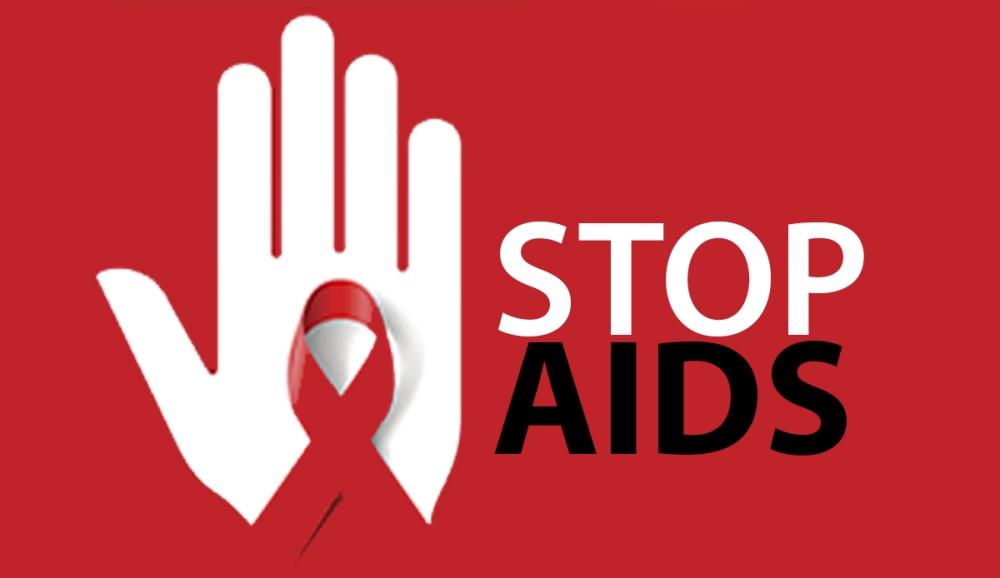

While our national response to the pandemic has been largely commendable, we are constantly reminded that emerging health threats occur in the context of dynamic existing infectious diseases. As we develop and implement preparedness plans for future health threats, we must remain vigilant to keep HIV and other infectious diseases under control.
As we join the rest of the world in celebrating World AIDS Day, let us reflect on the progress the country has made in the fight against HIV.
Over the last 15 years in Rwanda, HIV prevalence among the general population in Rwanda has been stabilized and maintained at 3.0 %. According to recent findings from the Rwanda Population-based HIV Impact Assessment (RPHIA) conducted in 2019, the overall HIV prevalence among people aged 15-64 was 3.0%; 3.7% in women, and 2.2% in men; it indicates a decreased prevalence to 2.6% among adult people aged 15-49. These results have been achieved thanks to the commitment of the high-level country leadership as well as the active engagement, participation, and collaboration with our partners and communities.
What we do know is that when the Covid-19 pandemic hit three years ago, all energy, focus and action was channeled into its response across African countries. The African continent, many said, was doomed to the worst. Not only would the pandemic take a heavy toll on the population, but our health systems would not be able to adequately respond to the pandemic and continue to deal with other infectious diseases.
It was clear that the pandemic would take a heavy toll on Africans. Not only would it claim lives, but also it would further weaken already ill-equipped and poorly funded health systems, paving the way for other existing infectious diseases to take their toll.
The COVID-19 pandemic did not completely disrupt HIV service delivery in Rwanda, but it did affect it in some ways. Each African country can tell its own story about this disruption, but the bottom line is that Africa needs to strengthen its health systems in order to maintain their regular functioning during health crises.
CPHIA and the need to build more resilient health systems in Africa
For three days, starting December 13, 2022, researchers, policy makers, and various other stakeholders will gather in Kigali to discuss how to make African health systems more resilient and ensure that they continue to meet the needs of the public, regardless of impending or ongoing health crises.
The second edition of the International Conference on Public Health in Africa or CPHIA organized by the African Centers for Disease Control and Prevention in partnership with the Ministry of Health of Rwanda will bring together five thousand delegates from all over Africa and the world to have discussions around the theme: "Future Pandemic Preparedness and Recovery: Africa at the Crossroads".
Future pandemics should not impact our response and our efforts to fight major infectious diseases in Africa. And while we are talking about the incidence of infectious diseases, Africa is the most affected continent; according to the World Health Organization, two-thirds of the 38.4 million people living with HIV are in Africa (2021); malaria kills nearly half a million people each year, with children under five being the most affected. About 90% of all malaria deaths occur on the African continent. The continent is the second (after Asia) most affected by tuberculosis, with 23% of new cases identified in 2021.
Unfortunately, health threats other than Covid-19 are making themselves heard on the continent; Ebola, yellow fever, Rift Valley fever, monkey pox, and so many others have the potential to become epidemics of greater importance, threatening to paralyse our health systems.
Africa must not allow these health threats to paralyze health facilities and allocate all of its human and financial resources to responding to them. We don't save lives from Covid-19, Ebola, or monkey pox and then leave them in the grip of uncontrolled HIV.
Prof. Claude M. Muvunyi is the Director General of Rwanda Biomedical Centre.


